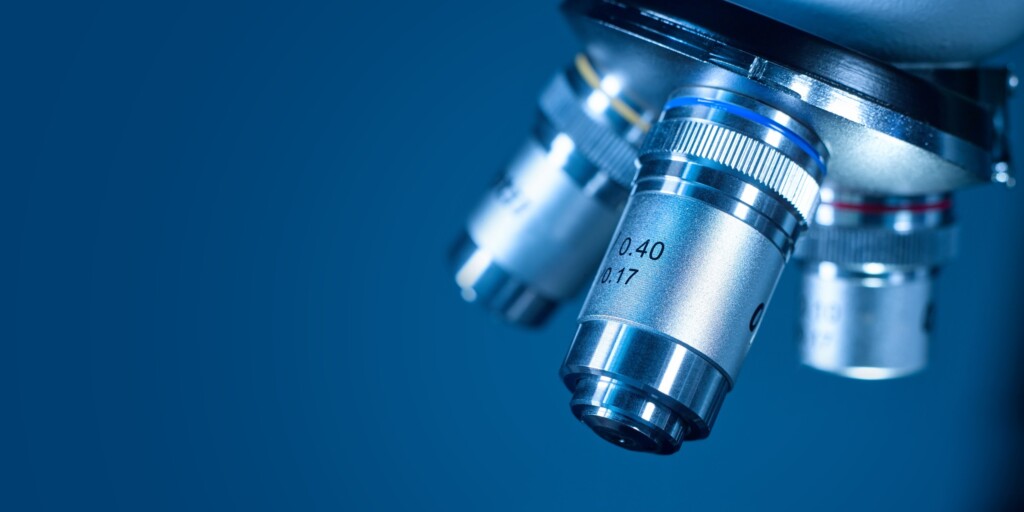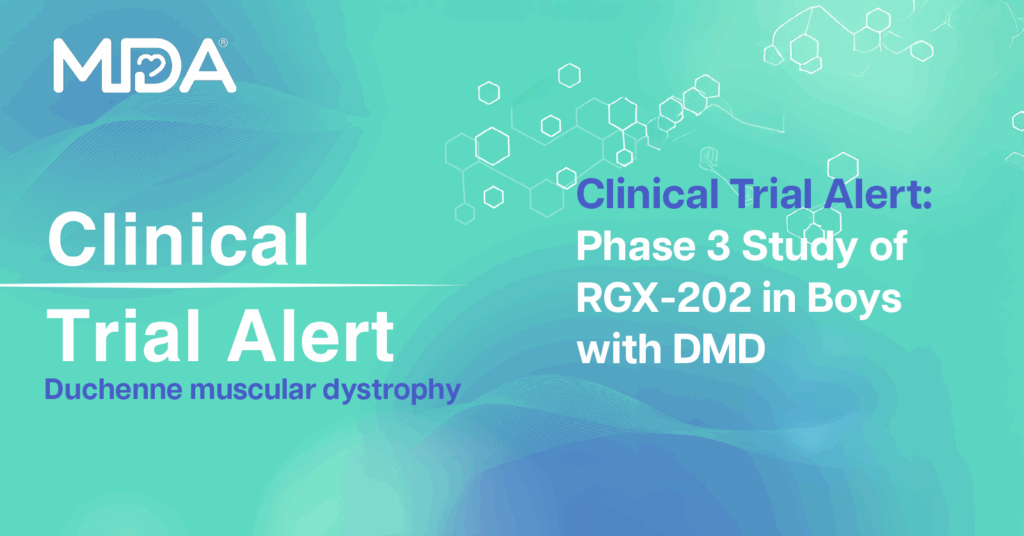
MDA Partners with the Broad Institute on Rare Genomes Project for Limb-Girdle Muscular Dystrophy
By Jeanene Swanson | Friday, April 12, 2019
The Muscular Dystrophy Association (MDA) is pleased to announce a collaboration with the Broad Institute of MIT and Harvard, which aims to bring genetic diagnoses to more individuals living with limb-girdle muscle weakness. The goal of the LGMD Rare Genomes Project is to bring the most advanced genetic techniques, including whole-genome sequencing and genetic variation analysis, to individuals whose prior limb-girdle muscular dystrophy (LGMD) gene panel testing did not provide a definitive genetic explanation of their disease.
The LGMD Rare Genomes Project is a new collaboration supported by a Research Infrastructure Grant in the amount of $110,000 awarded by MDA to Daniel MacArthur, PhD, co-director of medical and population genetics at the Broad Institute, in December 2017. The project recently received approval from the Broad Institute’s institutional review board (IRB) and is now recruiting patients.
“We are delighted to embark on a new phase of LGMD research thanks to this generous support from the MDA,” says Dr. MacArthur, one of the lead investigators on the project. “Every family with LGMD who participates will contribute to a deeper understanding of LGMD, including a chance of leading to the discovery of more of the genes that underlie this disease.”
Improved tools for rare disease diagnosis
The Broad Institute created the Rare Genomes Project with the goal of improving both the number and accuracy of diagnoses among individuals living with a suspected rare disease. By participating in this project, patients have free access to the Broad’s unmatched sequencing and analysis resources, which may hopefully offer definitive genetic diagnoses. In turn, participants can help researchers better understand the clinical manifestations of rare gene mutations, and in some cases possibly even help identify new rare disease genes.
While the Rare Genomes Project was originally focused on diagnosing children with a range of rare diseases, it was expanded with MDA grant funding to include adults with suspected LGMD.
Importance of genetic testing for LGMD
The LGMDs are a group of muscle diseases that are characterized by muscle weakness and wasting, usually starting in the hips, legs, shoulders, and other proximal muscles. There are currently more than 30 known forms of LGMD caused by mutations in different genes.
While there are different tests doctors can run when they suspect a muscular dystrophy — including a blood test, electromyography (test of muscle function), MRI, and muscle biopsy — only genetic testing offers the possibility of a definitive diagnosis. Knowing the underlying genetic cause of an individual’s LGMD can help doctors and individuals better treat and manage the disease.
“The benefits of an accurate genetic diagnosis cannot be understated,” says Lianna Orlando, PhD, a scientific portfolio director at MDA. “First, some of the diseases that mimic the LGMDs at the early stages, such as Duchenne muscular dystrophy and Pompe disease, have available and effective treatments. Moreover, some of the LGMD subtypes also involve the cardiac and respiratory muscles, so individuals need to be monitored for those complications. A genetic diagnosis also allows individuals to participate in more research studies and clinical trials.”
How Rare Genomes Project for LGMD can help
Previous gene panel tests for LGMD have typically delivered definitive diagnoses in less than 30 percent of cases. Now, the other 70 percent of individuals have the opportunity for further follow-up genetic testing.
“The project will provide some patients with an opportunity to end their long diagnostic odyssey,” says Monkol Lek, PhD, assistant professor of genetics at Yale University School of Medicine and a collaborator on the project. “And with promising gene therapy trials now starting for LGMD, receiving a formal genetic diagnosis is more important than ever.”
How to participate
Anyone who has had prior LGMD gene panel testing through programs offered by MDA or the Jain Foundation but did not receive a definitive genetic diagnosis can go to the website of the Rare Genomes Project and begin by filling out a short online form.
Disclaimer: No content on this site should ever be used as a substitute for direct medical advice from your doctor or other qualified clinician.




